Young people face many potentially overwhelming challenges, including peer pressure, cyber bullying and grade anxiety. For some, these problems are further exacerbated by a mental illness, posing a simultaneous challenge to their maturation, development of life management skills and emotional stability.
The National Institutes of Health (NIH) reports that 21% of young adults have a mental illness. Categorized as 18- to 25-year-olds, this young adult group has the highest rate of mental illness among adults. Mental health issues in young adults can result in delayed development, strained relationships and a struggle for self-sufficiency.
“We make an effort to reach out to, and welcome, young people from various backgrounds, cultures, races, genders and sexual orientations. Whether they need transitional living services, mental health counseling or both, we create personal plans to match their needs,” said Cecelia Stalnaker-Cauwenberghs, LMHC and Director of Program Services at Youth Crisis Center (YCC).
YCC’s Touchstone Village provides transitional living services to young adults ages 18-21 who are homeless or in situations which limit their self-sufficiency. While help is readily available at YCC and Touchstone Village, sometimes the challenge is getting young people to ask for it, particularly those in a minority community. Touchstone Village is not exclusively for those struggling with a mental illness, young adults requiring additional services can receive them while still feeling a sense of inclusion and community. Currently, 75% of Touchstone residents identify as a minority, based on race or gender identity.
Minority Mental Health Month
Minority Mental Health Month started in 2008 to bring awareness to the unique struggles that under-represented groups face in regard to mental illness. Mental health is viewed differently among various individuals and families, depending on their values, beliefs, sexual orientations, race, ethnicity, language or religious background. Any stigmas are often passed on to the younger members of the population. Culturally, taking care of mental health issues can be seen as a weakness, more so in the Asian, Latino and African American communities.
Lack of Diverse Therapists
For members of a diverse population, it can pose a challenge to comfortably discuss emotional or mental health issues with a therapist or doctor that does not share their own appearance or cultural experience. There is a sense that the profession remains dominated by white counselors and minority clients struggle to find professionals who they can identify with culturally.
YCC tries to ease the stigma and break down barriers for Touchstone Village residents. They provide a diverse representation of program staff and therapists. Additionally, therapists are required to take cultural sensitivity training annually. “Acknowledging they are not alone and seeking out assistance is the first step for Touchstone Village residents to gain independence and confidence in a culturally sensitive manner,” said Kim Sirdevan. “Then, they can follow a care plan and tackle challenges other young people face without losing their independence.”
If you know of a young adult between the ages of 18 – 21 who is struggling to become self-reliant and independent, YCC can provide transitional living services through our Touchstone Village program. Click to learn more about Touchstone Village and the 5 Key Skills Young Adults Need to Successfully Live Independently


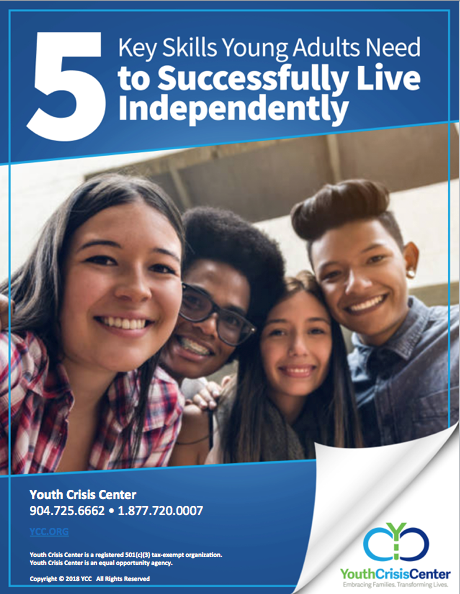


 Andrew will head to boot camp just days before July 4, 2018 – Independence Day. Now 20 years old, he says his time at Touchstone Village gave him the chance to rethink what he wanted to accomplish. He is determined to do something positive, possibly in law enforcement, so he can help make the world a safer place – like the safety he says he found at Touchstone Village.
Andrew will head to boot camp just days before July 4, 2018 – Independence Day. Now 20 years old, he says his time at Touchstone Village gave him the chance to rethink what he wanted to accomplish. He is determined to do something positive, possibly in law enforcement, so he can help make the world a safer place – like the safety he says he found at Touchstone Village. 
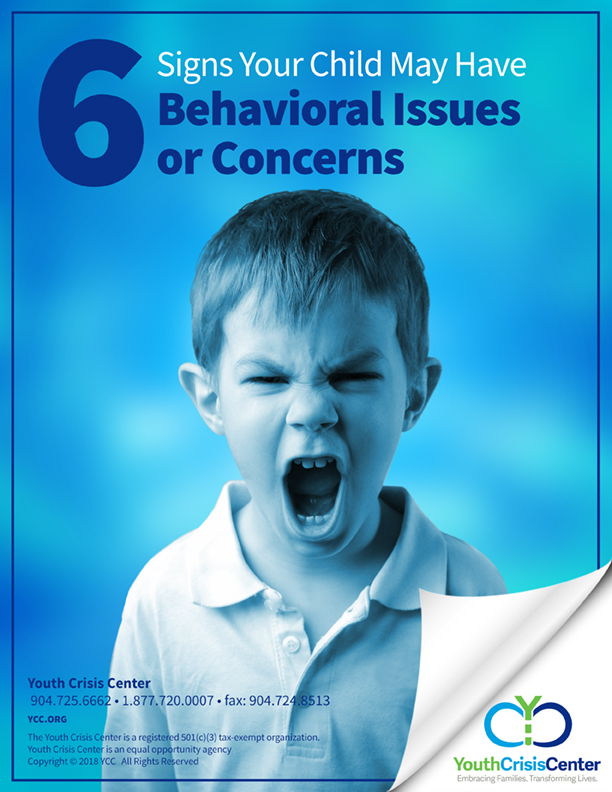
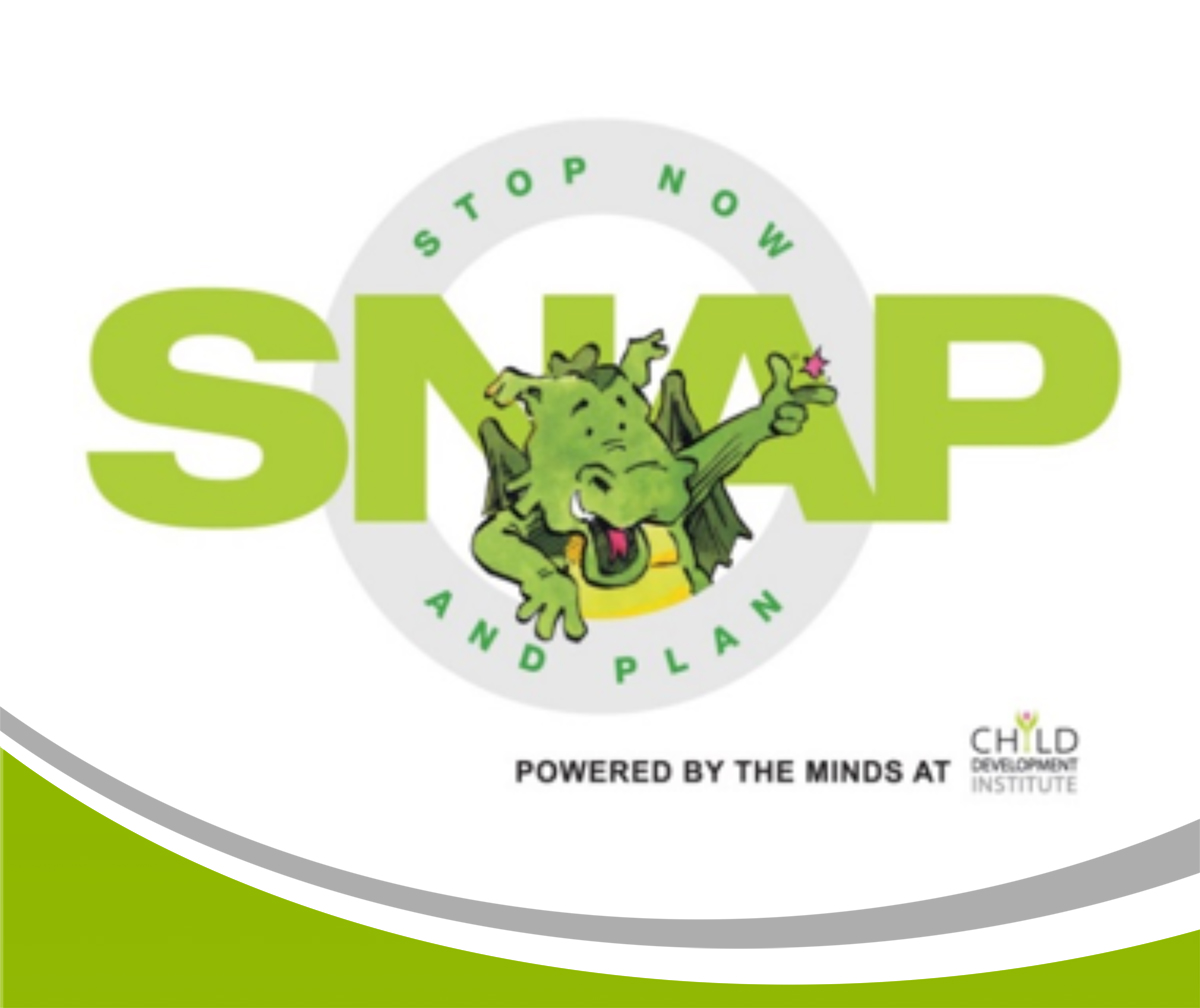
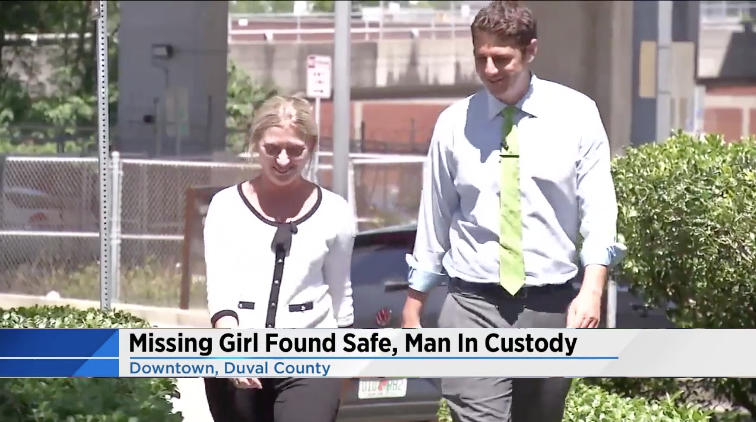
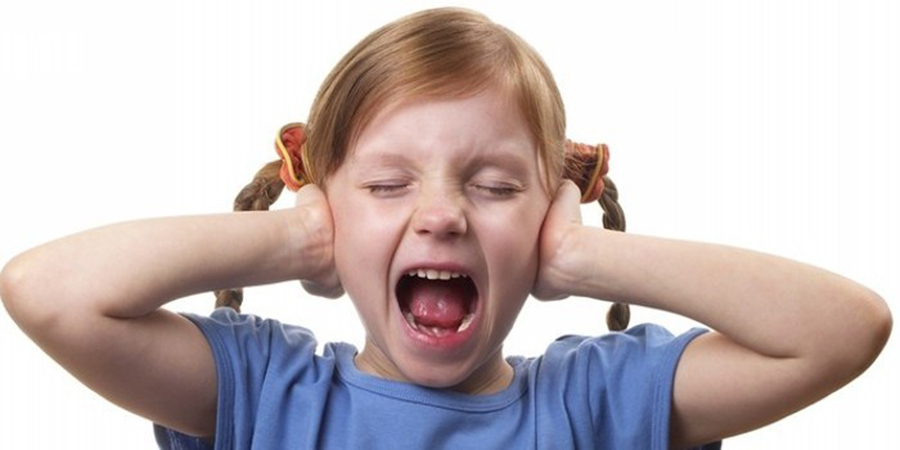
 always true. More often, it’s the common, everyday things happening in a family’s life that can be addressed through the SNAP® program.
always true. More often, it’s the common, everyday things happening in a family’s life that can be addressed through the SNAP® program.

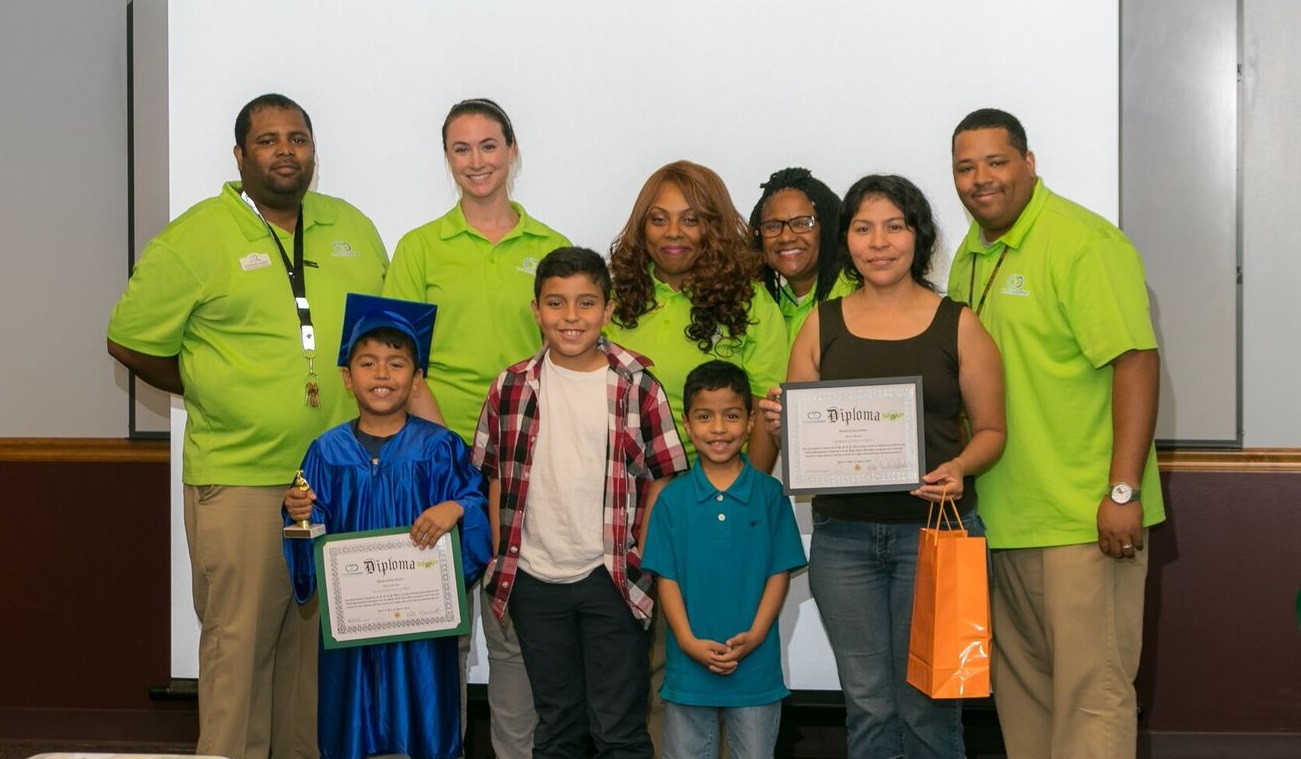

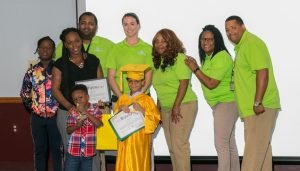 interest and availability. The program generally requires 45-60 minutes and can accommodate a minimum of five, or up to 30, students per session.
interest and availability. The program generally requires 45-60 minutes and can accommodate a minimum of five, or up to 30, students per session.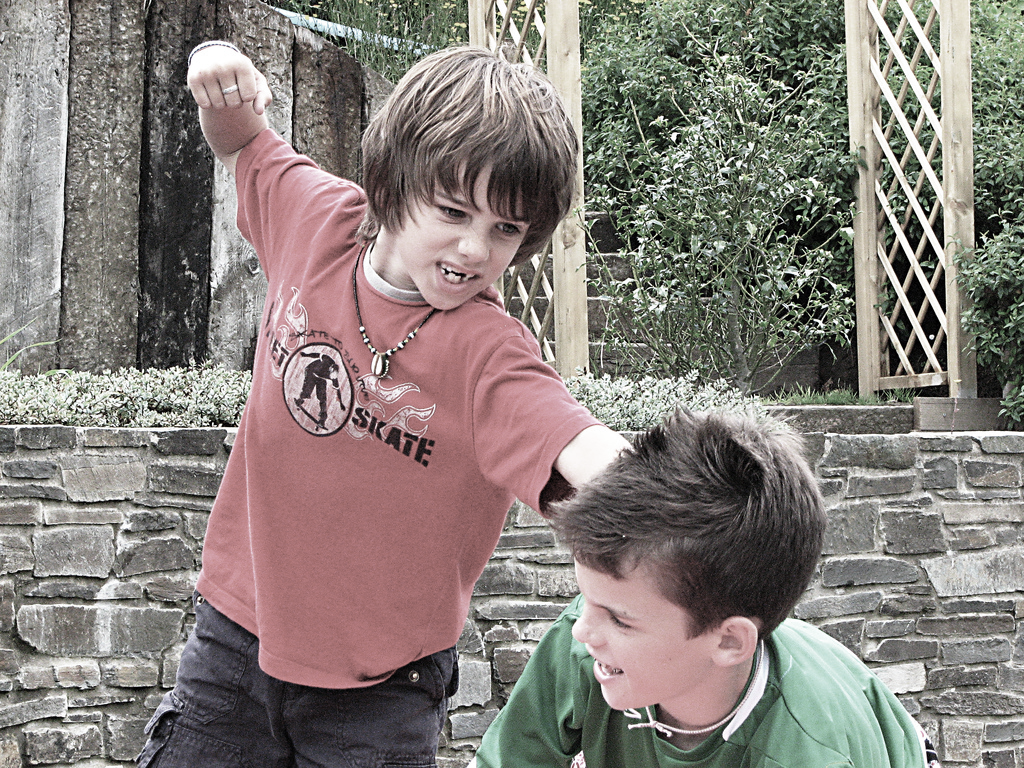
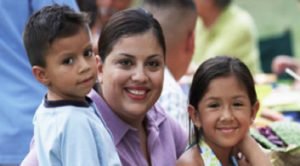 as that of a 14-year-old – in the top 25 percent of Florida students. Her son was allowed to rejoin sports and developed into a star football player. Octavia says her son is about to turn 11 years old and they still employ the SNAP® techniques when he has his “moments.” “I tell him, you know what to do and you know how to put them to use,” said Octavia. “It also helped me as a parent to learn when to use consequences or a reward to get the right response.” Octavia also went through SNAP® with her other son and plans to go through it with her daughter when she is old enough. She believes every child and parent could use the skills from SNAP® to learn how to handle whatever life might throw their way.
as that of a 14-year-old – in the top 25 percent of Florida students. Her son was allowed to rejoin sports and developed into a star football player. Octavia says her son is about to turn 11 years old and they still employ the SNAP® techniques when he has his “moments.” “I tell him, you know what to do and you know how to put them to use,” said Octavia. “It also helped me as a parent to learn when to use consequences or a reward to get the right response.” Octavia also went through SNAP® with her other son and plans to go through it with her daughter when she is old enough. She believes every child and parent could use the skills from SNAP® to learn how to handle whatever life might throw their way.